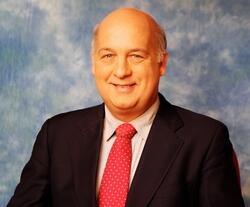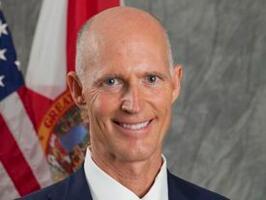November 20, 2011
Former Massachusetts Governor Mitt Romney posts a slight lead over President Obama in the first Rasmussen Reports telephone survey of the presidential race in the key swing state of Florida.
Romney earns support from 46% of Likely Voters in the Sunshine State to Obama's 42%. Nine percent (9%) prefer some other candidate, while four percent (4%) are undecided. (To see survey question wording, click here.)
Former House Speaker Newt Gingrich is nearly tied with the president, with Obama posting a narrow 45% to 43% lead in this matchup. Eight percent (8%) like another candidate, and four percent (4%) are undecided.
This Florida survey of 500 Likely Voters was conducted on November 17, 2011 by Rasmussen Reports. The margin of sampling error is +/- 4.5 percentage points with a 95% level of confidence. Field work for all Rasmussen Reports surveys is conducted by Pulse Opinion Research, LLC. See methodology.










